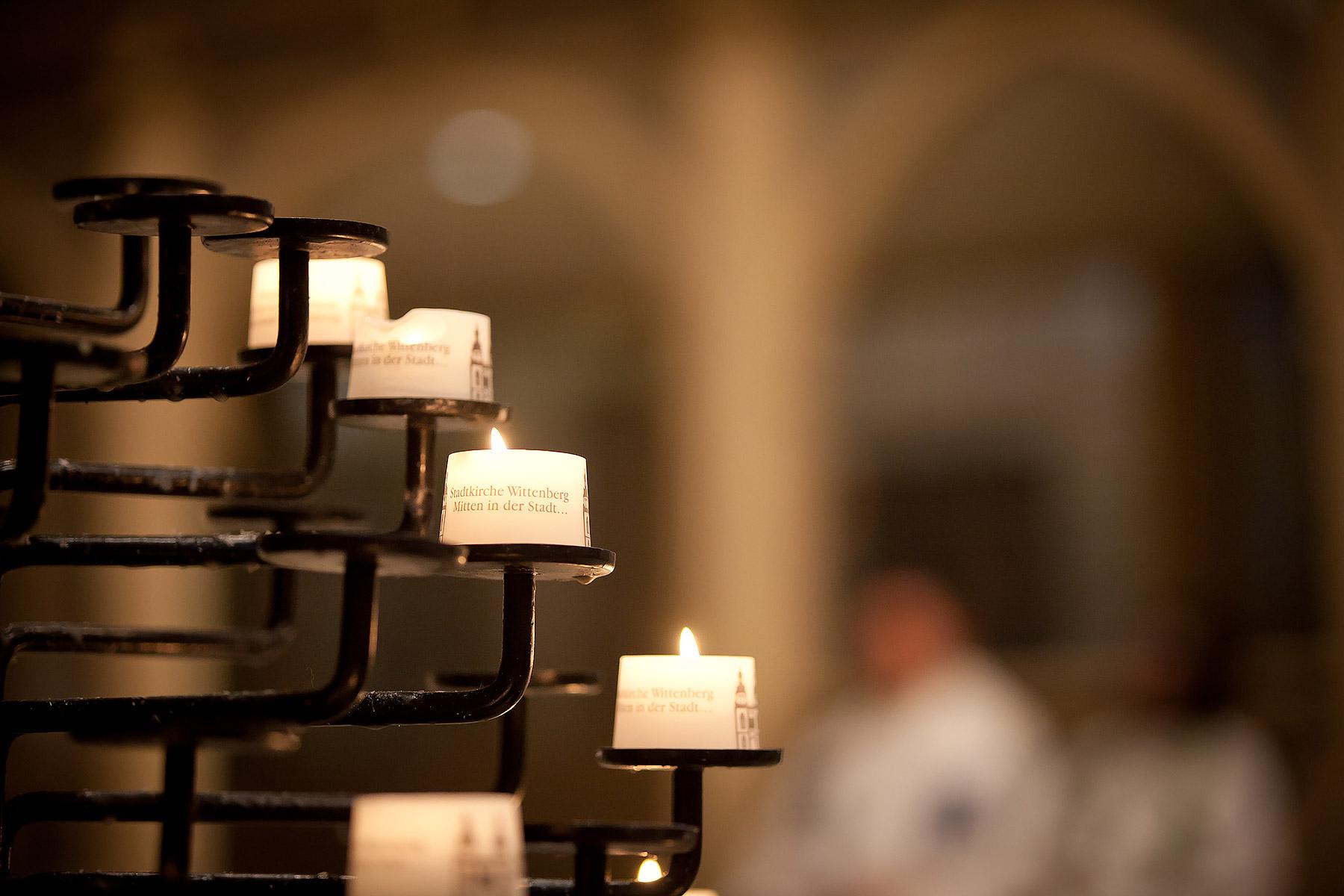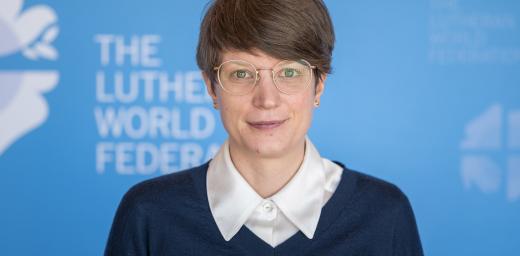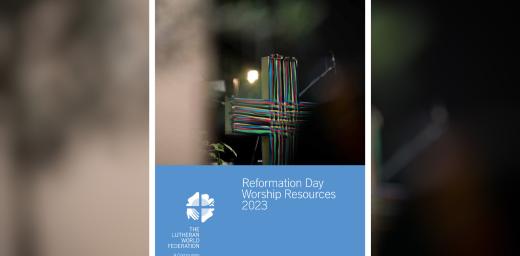Reformation Day a new public holiday in Germany

Church services and events on Reformation Day 2018 in Germany seek to deepen the respect and tolerance for different confessions, religions and worldviews in the society. Photo: LWF/Marko Schoeneberg
“A day to promote tolerance among religions, confessions and worldviews”
(LWI) – More than half of Germany’s 16 federal states have now declared Reformation Day a public holiday.
The North German states of Bremen, Hamburg, Lower Saxony and Schleswig-Holstein have made next Wednesday, 31 October, a new public holiday, bringing the number of states making it a day off to nine.
Last year, 31 October was proclaimed a public holiday across the whole country to mark the 500th anniversary of the Reformation. In Brandenburg, Mecklenburg-Western Pomerania, Saxony, Saxony-Anhalt and Thuringia, people have for years had 31 October off.
In the run-up to this decision, which was initiated by state government policy-makers, there were lively and sometimes heated discussions in the church and society about the significance of such a public holiday.
Unity instead of exclusion
Celebrations in Reformation anniversary year 2017 increased the awareness for ecumenical and interreligious cooperation among church leaders. Ralf Meister, bishop of the Evangelical Lutheran Church of Hanover, commented on this in his report to synod in May: “The Day of the Reformation is a day on which we will seek to promote tolerant relations among religions, confessions and worldviews, based on dialogue.” Celebrating Reformation Day should certainly not be a “Martin Luther commemoration day”.
The events planned for Reformation Day 2018 reflect this approach. The Evangelical Lutheran Church in Brunswick is expecting the new Catholic Bishop of Hildesheim diocese, Dr. Heiner Wilmer SCJ, at its service in the cathedral. “That is a wonderful ecumenical symbol and underlines the good cooperation between Christians in Lower Saxony,” Bishop Dr. Christoph Meyns said. Wilmer will give the sermon at the special service.
I am very happy that we will celebrate Reformation Day in ecumenical unity and cultural openness and not separately in our denominations.
In Hamburg, Bishop Kirsten Fehrs from the Evangelical Lutheran Church in Northern Germany, Canon Peter Mies, the Catholic dean for Hamburg, and Rev. Uwe Onnen, chair of the Council of Christian Churches in Hamburg, will hold a joint service. Bishop Fehrs said, “I am very happy that we will celebrate this day in ecumenical unity and cultural openness and not separately in our denominations.”
Reshaping tradition
In Wittenberg, from where the Reformation started in 1517 with Martin Luther’s posting of his 95 theses, there is already an established tradition of numerous events around 31 October. The program features a town festival, guided tours through the historical sites, concerts and lectures. At the heart are the services of worship in the Wittenberg churches. Dr. Tamás Fabiny, bishop of the Evangelical Lutheran Church in Hungary, will preach at St. Mary’s city and parish church, where Luther was a regular preacher. As for the Luther Garden with its 500 trees which connect churches of different traditions worldwide: teenagers and young adults from the German National Committee of the Lutheran World Federation (GNC/LWF) will plant the final symbolic tree of this living monument.





